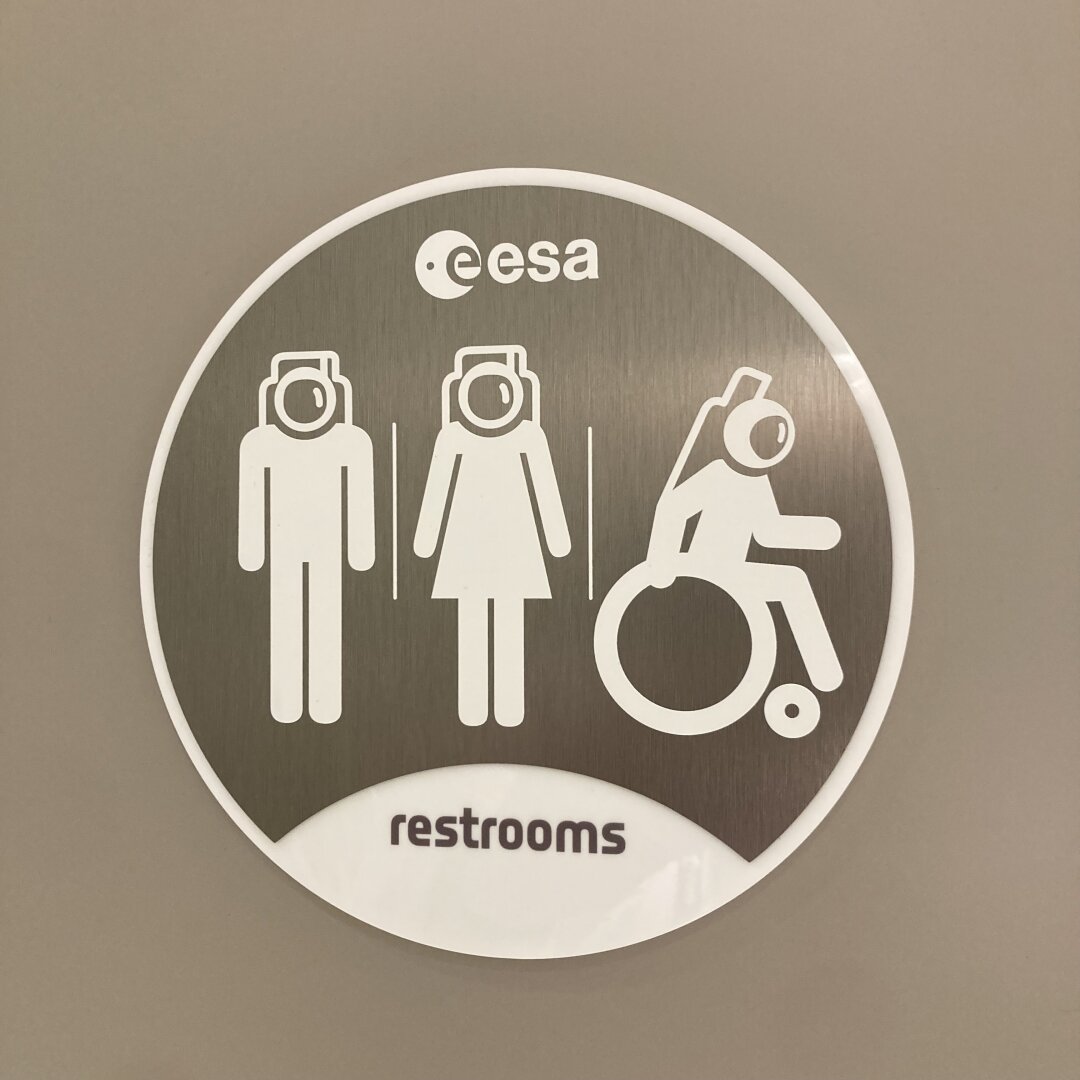European Space Agency
1137 readers
3 users here now
The European Space Agency community
founded 2 years ago
MODERATORS
151
152
153
154
155
156
157
158
159
160
161
162
163
164
165
166
167
168
6
Thales Alenia Space Wins €367M Contract to Build EnVision Venus Explorer
(europeanspaceflight.com)
169
170
171
172
173
174
175
